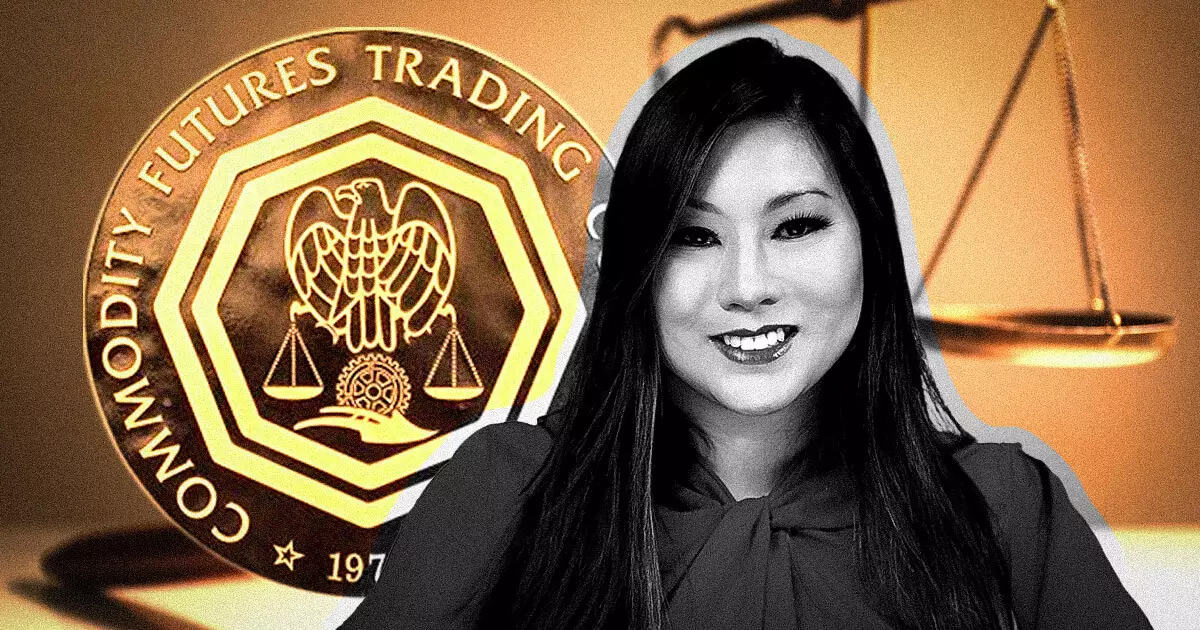CFTC Commissioner Caroline Pham recently expressed concerns regarding the agency’s charges against KuCoin and their potential infringement on the duties of the SEC. Pham, while acknowledging the enforcement action as aggressive and commending the Division of Enforcement for it, raised important questions about certain aspects of the allegations. She pointed out that the complaint seems to suggest that fund shares held by investors could be considered a form of leveraged trading. This, according to Pham, blurs the line between investments in funds (typically regulated by the SEC) and the trading activities of a fund (under the jurisdiction of the CFTC). She stressed the importance of making this distinction clear, stating that simply owning shares is not the same as trading derivatives.
Pham further warned that the CFTC’s handling of the issue could potentially encroach on the SEC’s authority, posing risks to investor protection laws and the overall stability of securities markets. This raises questions about the boundaries of regulatory oversight in the cryptocurrency space and the need for clear delineation between different types of financial instruments. While Pham’s statements shed light on these concerns, they do not specifically address the classification of cryptocurrencies like Bitcoin, Ethereum, and Litecoin as commodities rather than securities, potentially impacting their regulatory treatment.
The CFTC recently filed civil charges against KuCoin and its affiliated companies for allegedly running an illegal digital asset derivatives exchange and violating the Commodity Exchange Act by failing to register with the CFTC. In a parallel move, the US Department of Justice brought criminal charges against KuCoin and two of its founders, including allegations of non-compliance with anti-money laundering regulations. KuCoin defended itself by reassuring users about the safety of their funds and asserting compliance with relevant laws, while also stating that legal counsel is reviewing the accusations.
The statements made by CFTC Commissioner Caroline Pham highlight the complex regulatory landscape surrounding cryptocurrencies and the challenges of enforcing existing laws in a rapidly evolving market. The overlapping jurisdictions of the CFTC and SEC, combined with uncertainties regarding the classification of digital assets, underscore the need for clarity and coordination among regulatory agencies to protect investors and maintain the integrity of financial markets in the digital age.














